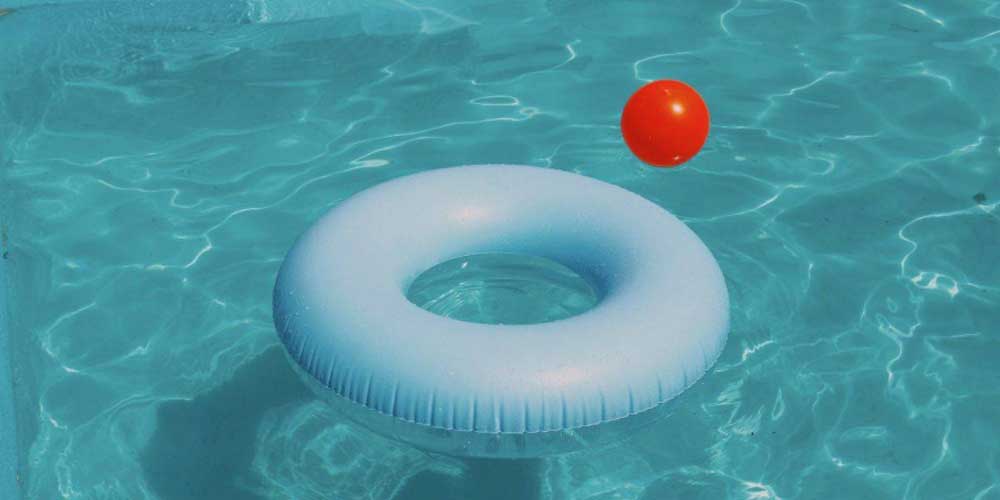Most public swimming pools rely on a combination of chemicals to maintain water quality, eliminate harmful bacteria and create a comfortable swimming environment. The main chemicals used in pool maintenance include chlorine, pH adjusters, and algaecides.
Chlorine (We can provide TCCA or SDIC), a widely recognized pool sanitizer, plays a pivotal role in killing bacteria, viruses, and other microorganisms that can thrive in water. Typically added in the form of chlorine gas, liquid chlorine, or solid tablets, this chemical helps prevent waterborne illnesses and keeps the pool safe for swimmers. However, maintaining the right chlorine levels is crucial, as excessive amounts can lead to skin and eye irritation.
To ensure the effectiveness of chlorine, pool operators must monitor and regulate the pH levels of the water. pH measures the acidity or alkalinity of the water, and maintaining a balanced pH is essential for the optimal function of chlorine. Acid and alkaline substances, such as muriatic acid or sodium carbonate, are used to adjust pH levels and prevent issues like corrosion or scale formation.
Algaecides are another class of chemicals employed to combat the growth of algae in swimming pools. Algae can not only affect the pool’s appearance but also create slippery surfaces and contribute to poor water quality. Algaecides, usually containing compounds like copper or quaternary ammonium compounds, are added to prevent the establishment and spread of algae.
In addition to these primary chemicals, pool operators may also use stabilizers to protect chlorine from degradation caused by sunlight, reducing the need for frequent chlorine replenishment. Shock treatments, involving superchlorination to rapidly increase chlorine levels, are occasionally employed to address sudden water quality issues.
While these chemicals are crucial for maintaining a safe and enjoyable swimming experience, their application requires careful consideration and adherence to recommended guidelines. Overuse or improper handling of pool chemicals can lead to adverse health effects, emphasizing the importance of trained professionals overseeing pool maintenance.
Public pool operators must also strike a balance between effective water treatment and environmental sustainability. As awareness grows regarding the impact of pool chemicals on the environment, there is an increasing focus on adopting eco-friendly alternatives and practices in pool maintenance.
In conclusion, the chemistry behind public swimming pool maintenance is a delicate dance of chemicals aimed at ensuring the safety, cleanliness, and comfort of the water. As summer approaches, the diligent work of pool operators continues to guarantee that these communal spaces remain enjoyable and, above all, safe for everyone to take a dip and beat the heat.
Post time: Dec-29-2023


